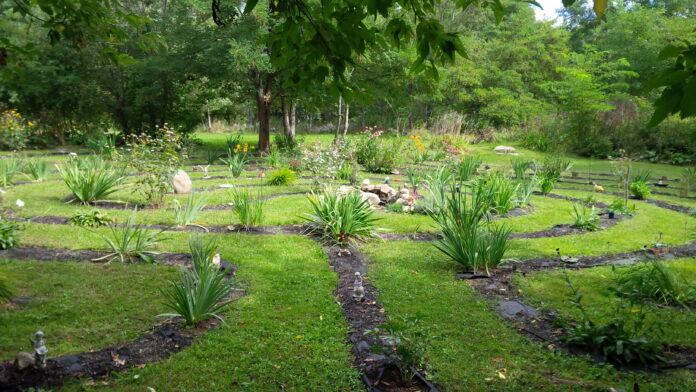

Albert Banerjee, a professor at St. Thomas University, recently led a study on Mind-Body Medicine (MBM) through William Cook’s medical practice.
The data from the study showed improved personal and professional lives for those who underwent Cook’s eight-week program at the Iris Centre in Fredericton.
Cook describes MBM as the efforts one may make in order to get to know oneself better by understanding the connection between the body, the spirit and our environment.
“They’re all deeply interconnected and on a continuum, where they influence each other in substantive ways… MBM is really about making use of that inner relationship to foster our own health and well-being,” said Cook.
Banerjee’s study consisted of analyzing nearly 1,000 surveys that were completed by those who underwent Cook’s program, including a focus group that consisted of 24 program participants.
These anonymous surveys that displayed patients’ feedback on the program were collected by Cook over more than a decade and a half of organizing the program.
“Banerjee’s team did qualitative analyses on the content of the questionnaires to come up with some sense of what people were gaining from the program, what sort of experiences they had, would they recommend the program and what from the program stuck out to the patients,” said Cook.
The patients who participated in the series of focal groups conducted by Banerjee and his team underwent qualitative analysis that went deeper into what people’s experiences in the program were, according to Cook.
Through this study, Banerjee found clear benefits towards the use of Cook’s program, which is called Mindfulness and Conscious Living, Body Mind Awareness Training, which is a self-care and self-management program that helps the patient learn, understand and experience new ways to cope with what life brings.
“Over the eight weeks the program had 11 sessions where we really highlighted the core science, practices and different ways of understanding how to look after ourselves,” said Cook.
Following his study, Banerjee suggested that the benefits of one’s well-being through MBM could be used to create alternative approaches to healthcare.
“The challenge that we have from a healthcare perspective is that, for the most part, we aren’t living salutogenic ways, the pathogenesis comes to the forefront and our acute healthcare system is overwhelmed with trying to take care of a whole bunch of chronic health issues,” said Cook.
Cook believes that to make an improvement to these chronic health issues, implementing forms of MBM into the public health system and just our way of living could lead to us living healthier and more salutogenically.
“You go to the grocery store and the healthiest foods are not readily available, the cheaper foods are the ones that make us sick,” said Cook. “One of the things that the patients in the study found really beneficial for them was the accessibility of the program and it was covered by my medical practice, so it didn’t cost them anything. Having doors open to and inviting in some form of MBM practices into our healthcare system would make a difference in the way people experience their health.”
